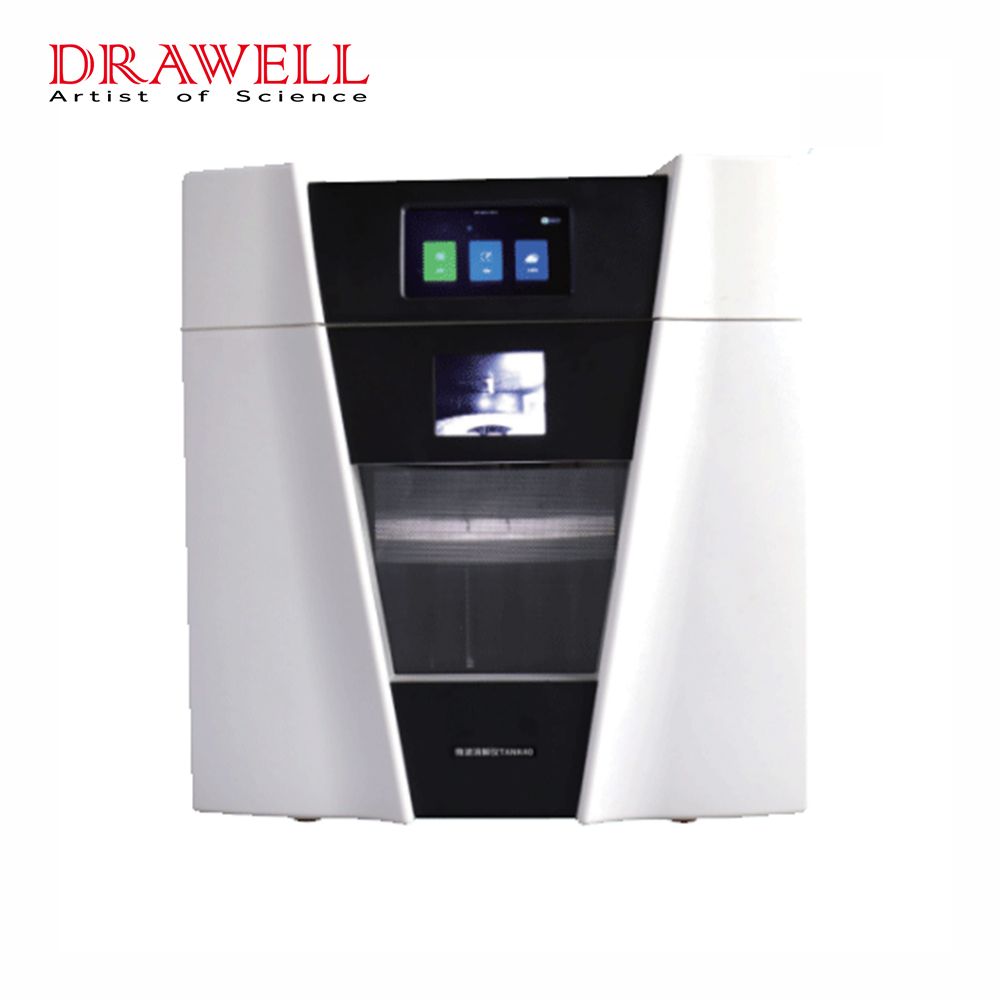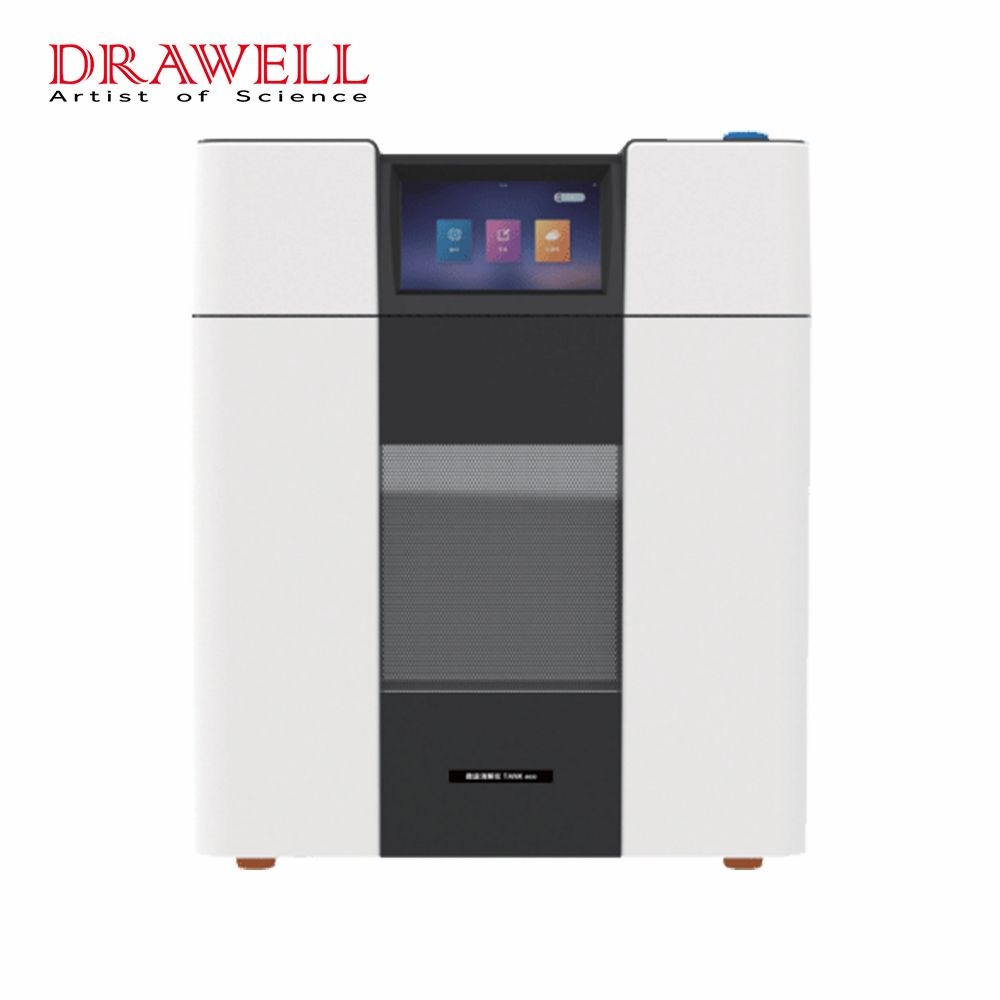Sample preparation is a critical step in the analysis of samples using Inductively Coupled Plasma Mass Spectrometry (ICP-MS). It involves the extraction and digestion of analytes from various matrices, such as environmental, biological, and industrial samples, to ensure accurate and precise measurement of elemental concentrations. Among the various sample preparation techniques available, microwave digestion has emerged as a powerful and efficient method for the decomposition of complex samples prior to ICP-MS analysis. In this article, we delve into the principles of microwave digestion and explore strategies for optimizing sample preparation to enhance the performance of ICP-MS analysis.
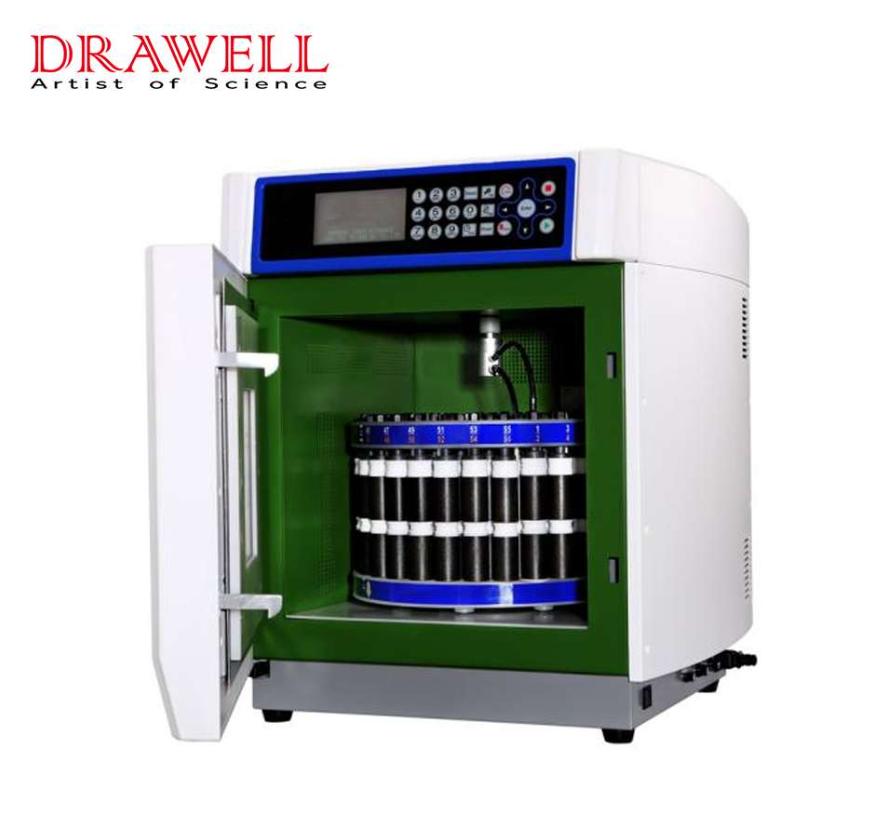
The Importance of Sample Preparation in ICP-MS Analysis
The importance of sample preparation in Inductively Coupled Plasma Mass Spectrometry (ICP-MS) analysis cannot be overstated. Sample preparation plays a crucial role in ensuring the accuracy, precision, and reliability of the analytical results obtained through ICP-MS. Here are some key reasons highlighting the significance of sample preparation in ICP-MS analysis:
- Removal of Matrix Interferences: Many samples, especially complex matrices like environmental, biological, or geological samples, contain a variety of elements and compounds that can interfere with the detection and quantification of target analytes. Proper sample preparation techniques, such as digestion or extraction, help remove or minimize these interferences, ensuring accurate measurement of the analytes of interest.
- Enhancement of Analyte Stability: Some analytes may exist in forms that are not readily detectable or quantifiable by ICP-MS. Sample preparation methods can help convert analytes into stable and soluble forms suitable for analysis by ICP-MS. This enhances the sensitivity and reliability of the measurement process.
- Reduction of Analytical Errors: Inadequate sample preparation can introduce errors and uncertainties into the analytical process. For instance, incomplete dissolution of solid samples or incomplete extraction of analytes from the sample matrix can lead to underestimation or overestimation of analyte concentrations. Proper sample preparation minimizes such errors and ensures the accuracy of the analytical results.
- Minimization of Instrumental Drift and Contamination: ICP-MS instruments are highly sensitive and can be susceptible to instrumental drift and contamination. Sample preparation techniques help remove potential sources of contamination from the sample matrix, preventing interference with the instrument’s performance and ensuring the integrity of the analysis.
- Optimization of Analytical Sensitivity and Precision: Effective sample preparation enhances the analytical sensitivity and precision of ICP-MS analysis by maximizing the availability of analytes for detection and minimizing background noise. This enables the detection and quantification of trace-level elements with high accuracy and precision.
- Compliance with Regulatory Standards: In many industries, including environmental monitoring, pharmaceuticals, and food safety, adherence to regulatory standards and quality assurance requirements is essential. Proper sample preparation methods ensure that analytical results comply with regulatory limits and standards, thereby facilitating decision-making and regulatory compliance.
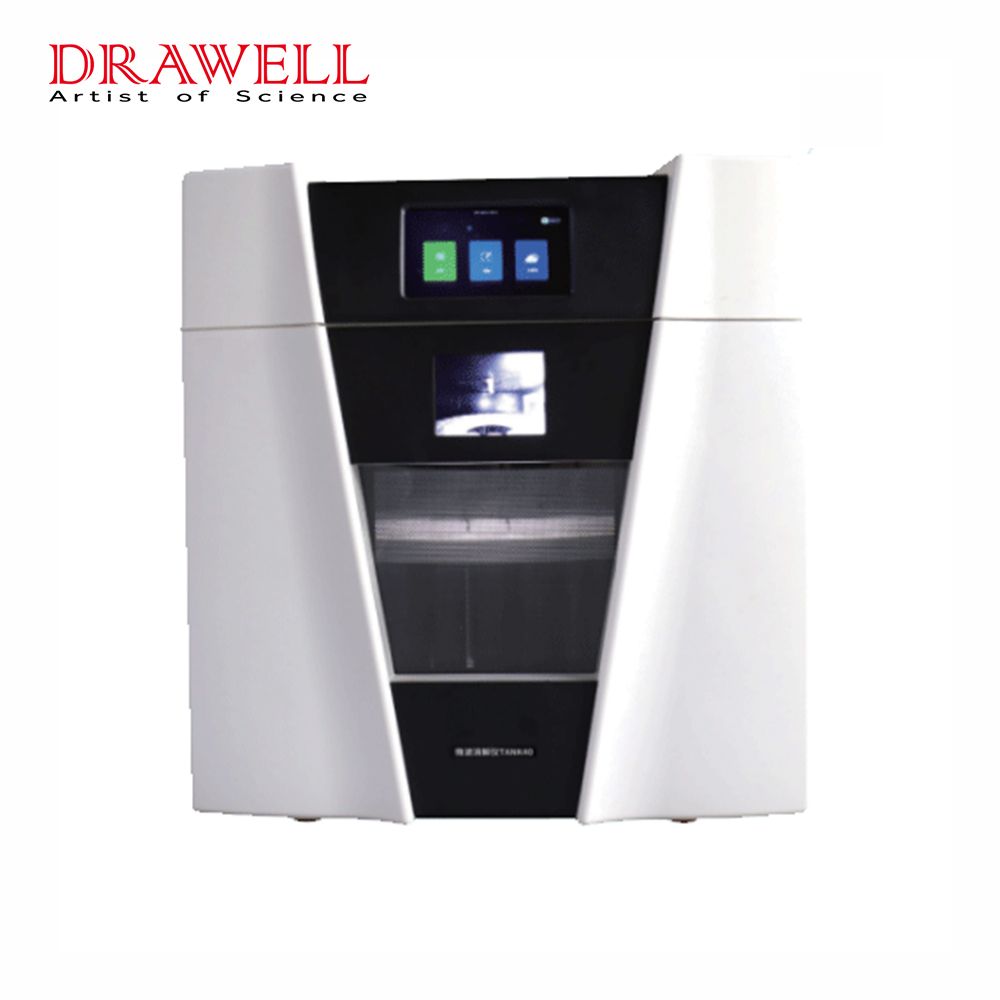
Benefits of Microwave Digestion for ICP-MS Analysis
Microwave digestion offers several advantages over traditional digestion methods, including:
- Rapid digestion: Microwave digestion significantly reduces digestion times compared to conventional methods, allowing for high sample throughput and increased laboratory efficiency.
- Enhanced digestion efficiency: The rapid heating and pressure conditions generated by microwave digestion promote the breakdown of complex sample matrices, leading to more complete digestion and improved analyte recovery.
- Reduced contamination risk: Microwave digestion minimizes the risk of cross-contamination between samples by using sealed digestion vessels and automated sample handling systems, ensuring the integrity of analytical results.
- Improved reproducibility: The controlled and uniform heating provided by microwave digestion systems enhances the reproducibility of sample preparation, leading to more consistent ICP-MS measurements and reliable data interpretation.
In summary, sample preparation is a critical step in the ICP-MS analytical workflow, influencing the accuracy, precision, and reliability of the results obtained. By employing appropriate sample preparation techniques tailored to the characteristics of the sample matrix and the analytes of interest, researchers can optimize the performance of ICP-MS analysis and extract meaningful insights from their samples.
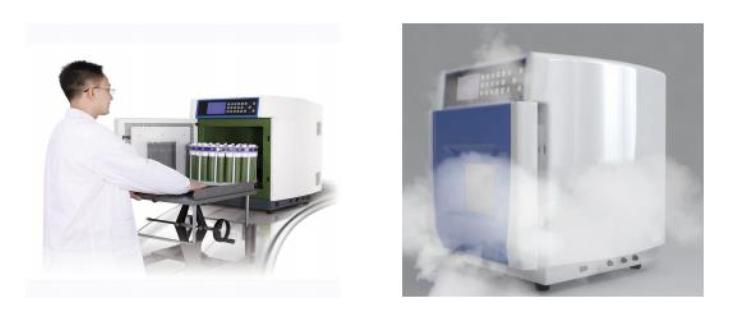
Optimizing Sample Preparation with Microwave Digestion
Optimizing sample preparation for ICP-MS analysis through microwave digestion involves several key steps and considerations to ensure efficient and reliable digestion of samples. Here’s a guide on how to optimize sample preparation using microwave digestion for ICP-MS analysis:
1. Selection of Digestion Vessels and Acidic Reagents:
- Choose appropriate digestion vessels that are compatible with microwave digestion systems and resistant to the corrosive nature of acidic reagents.
- Select suitable acidic reagents based on the sample matrix and the elements of interest. Commonly used acids include nitric acid (HNO3), hydrochloric acid (HCl), and a mixture of nitric and hydrochloric acid (aqua regia).
2. Temperature and Pressure Optimization:
- Optimize the temperature and pressure parameters to ensure complete digestion of the sample matrix while minimizing the loss of volatile elements.
- Experiment with different temperature and pressure settings to determine the optimal conditions for efficient sample digestion. Higher temperatures and pressures can accelerate the digestion process but may also increase the risk of sample splattering or decomposition.
3. Sample Size and Composition Considerations:
- Consider the size and composition of the sample when determining the digestion parameters. Smaller sample sizes may require shorter digestion times and lower acid concentrations to prevent sample overload and ensure uniform digestion.
- For samples with high organic content or complex matrices, additional pre-treatment steps such as ashing or drying may be necessary to facilitate digestion and prevent sample decomposition.
4. Time Optimization Strategies:
- Evaluate the digestion kinetics and determine the optimal digestion time required to achieve complete sample decomposition and analyte solubilization.
- Monitor the progress of the digestion process by periodically analyzing aliquots of the digested solution for target analytes using ICP-MS or other analytical techniques.
5. Safety Considerations in Microwave Digestion:
- Follow appropriate safety protocols when handling corrosive acids and operating microwave digestion systems.
- Use personal protective equipment, such as gloves, lab coats, and safety goggles, to minimize the risk of chemical exposure and burns.
- Ensure proper ventilation and containment measures to prevent the release of hazardous fumes or vapors during the digestion process.
6. Quality Control and Validation
- Implement quality control measures, such as blank analyses, spike recovery experiments, and method validation studies, to ensure the accuracy and reliability of the digestion method.
- Compare the analytical results obtained from microwave digestion with reference materials or certified standards to verify the accuracy of the analytical procedure.
By following these optimization strategies and considerations, researchers can enhance the efficiency, accuracy, and reproducibility of sample preparation for ICP-MS analysis through microwave digestion. Effective sample preparation is essential for achieving reliable analytical results and obtaining meaningful insights into the elemental composition of various sample matrices.
Conclusion
In conclusion, the optimization of sample preparation for ICP-MS analysis through microwave digestion offers researchers a powerful tool to enhance the accuracy, efficiency, and reliability of their analytical workflows. Microwave digestion, facilitated by advanced microwave digesters, has revolutionized the sample preparation process by providing rapid and efficient decomposition of complex sample matrices. With the right approach and utilization of advanced microwave digesters, researchers can unlock new possibilities in elemental analysis and contribute to advancements in various fields of science and industry.

